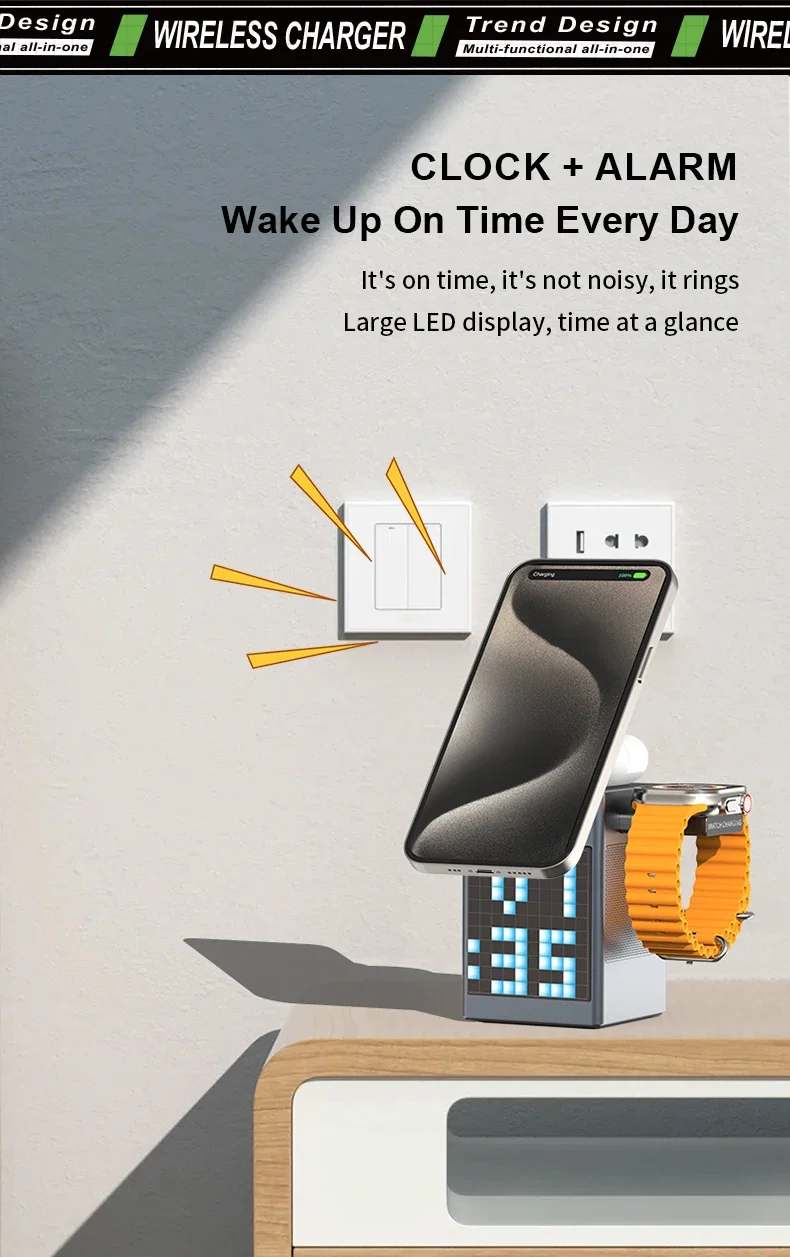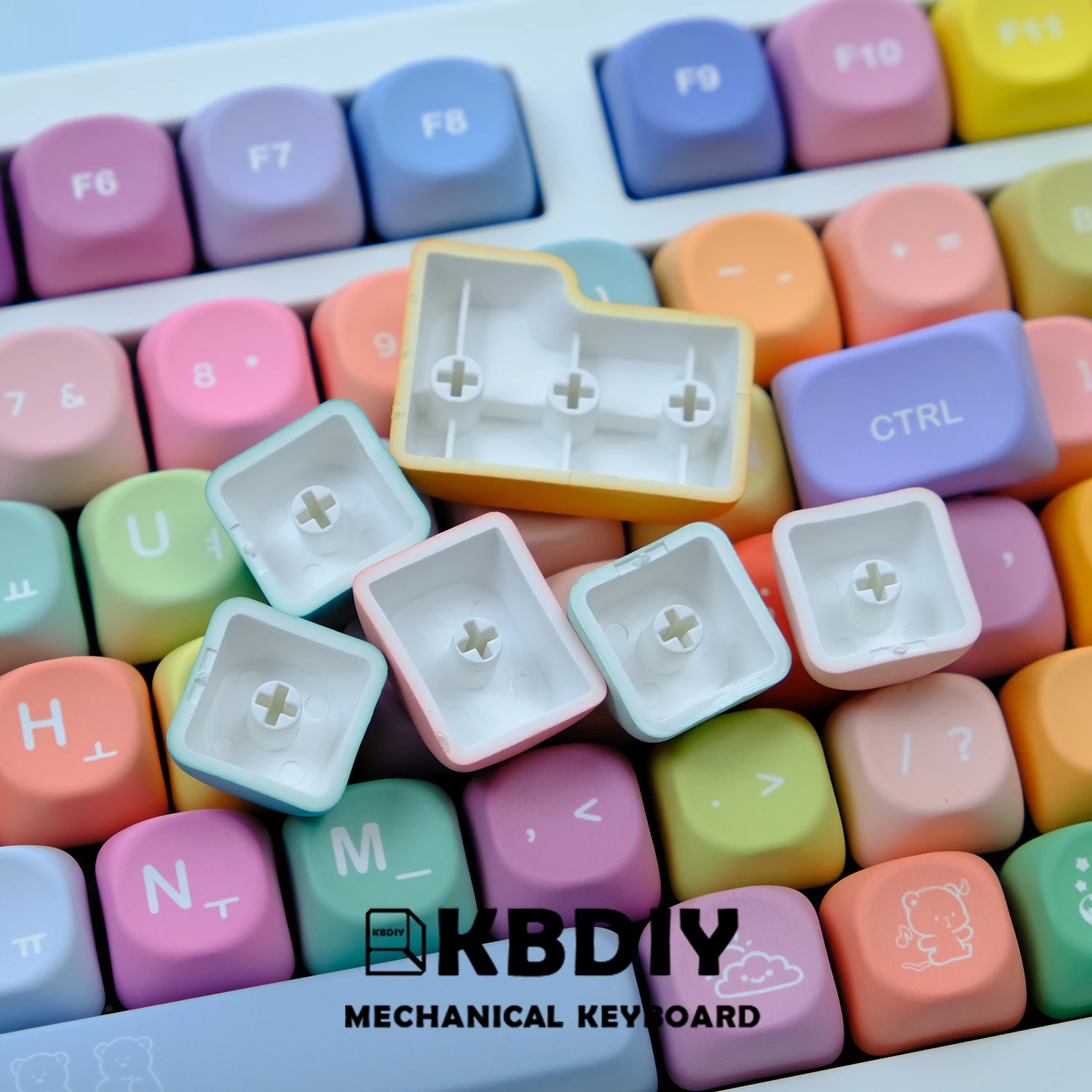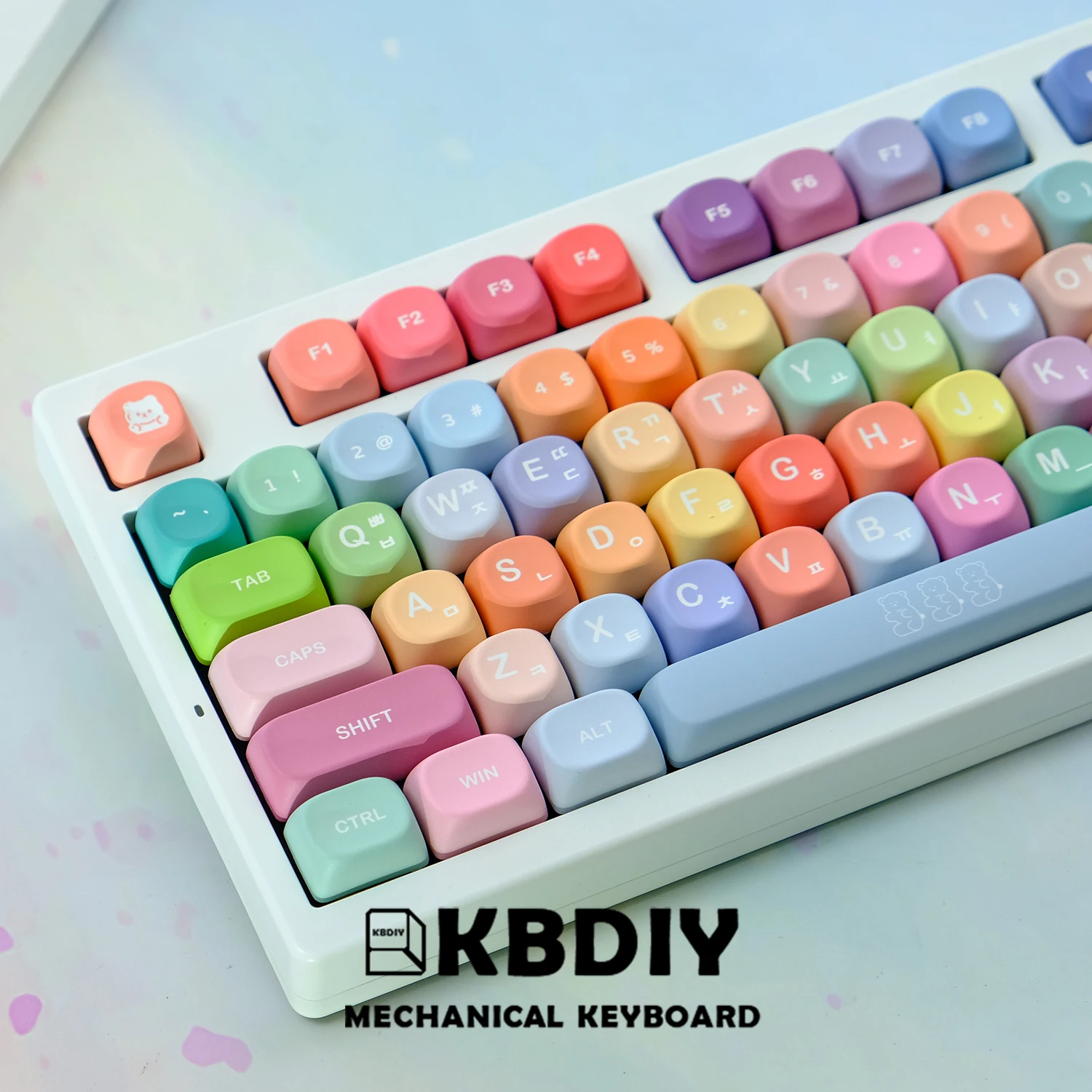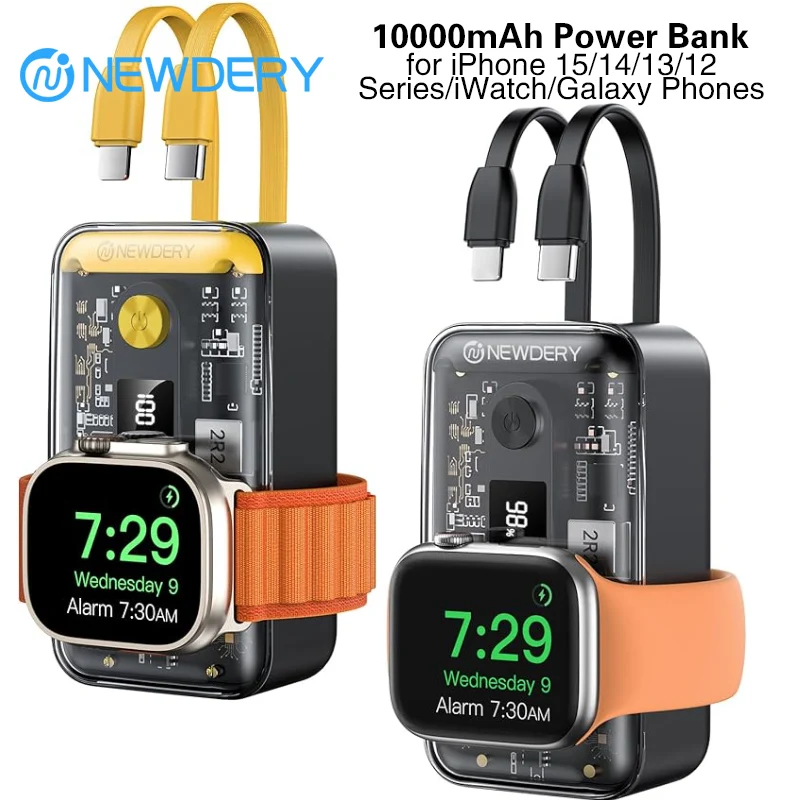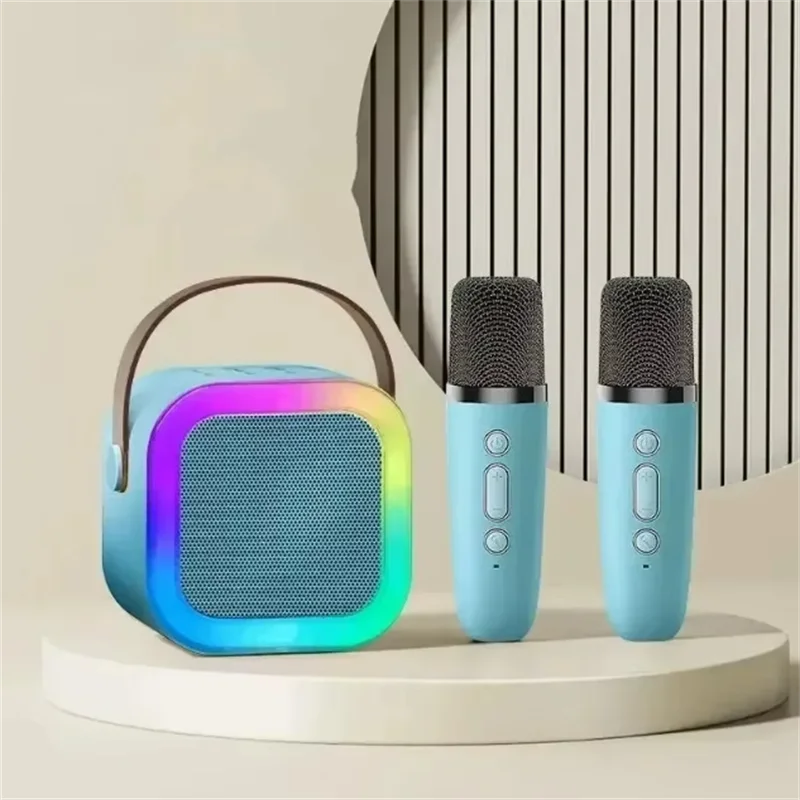
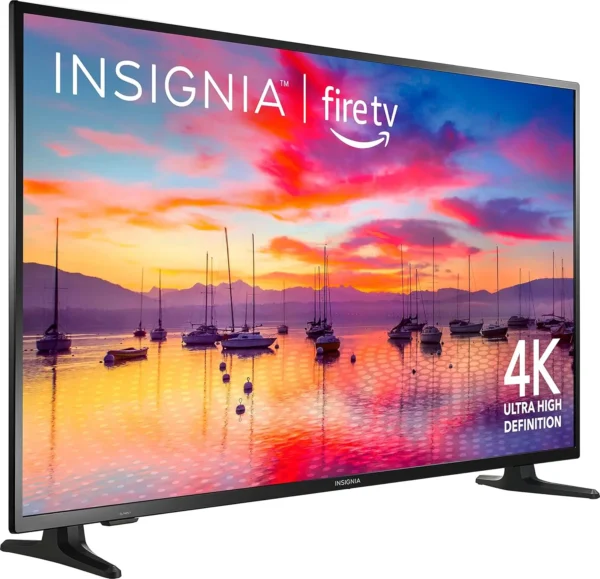
The modern era thrives on convenience, and digital lifestyle tools have become indispensable. These tools have revolutionized the way we live, work, and interact.
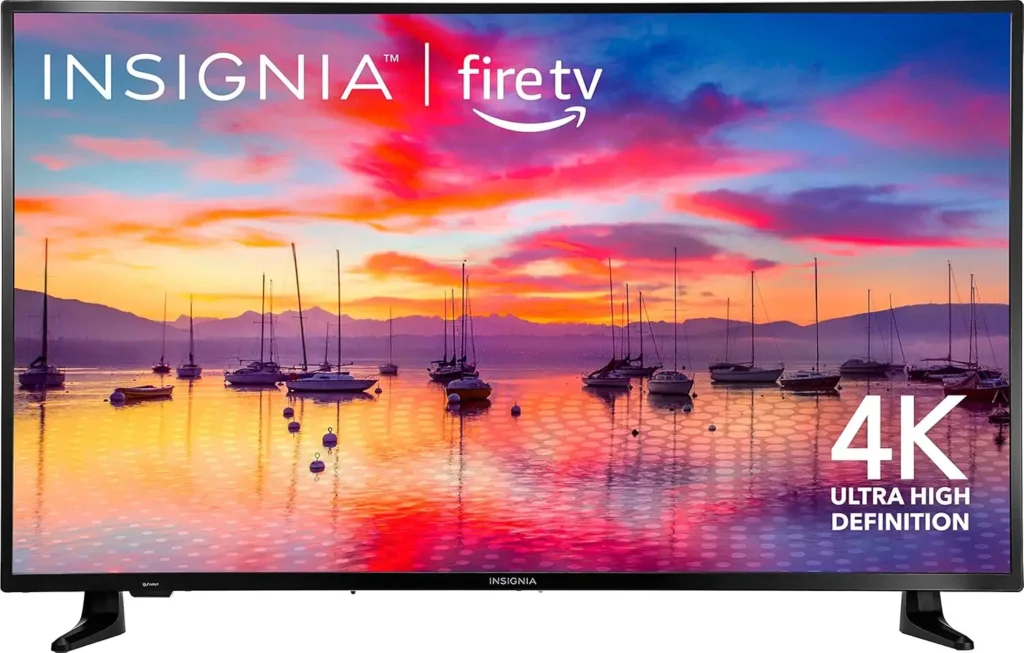
From managing schedules to enhancing entertainment and productivity, they bring efficiency and simplicity into our everyday routines.
What Are Digital Lifestyle Tools?
Digital lifestyle tools refer to devices, apps, and platforms that enhance the way we navigate daily life. Whether you’re organizing work, communicating with loved ones, or maintaining personal wellness, these tools make life easier, more enjoyable, and incredibly efficient.
Categories of Digital Lifestyle Tools
1. Productivity Enhancers
These tools help streamline tasks and increase efficiency. Popular options include:
Project management apps: Trello, Asana, and Monday.com for team collaborations.
Note-taking tools: Evernote and Notion to organize thoughts and ideas.
Digital calendars: Google Calendar and Microsoft Outlook for managing schedules.
2. Health and Wellness Tools
From fitness to mental health, these tools cater to holistic well-being:
Fitness trackers: Devices like Fitbit and Garmin track steps, sleep, and workouts.
Meditation apps: Headspace and Calm offer guided meditations and mindfulness exercises.
Meal planning apps: Yummly and MyFitnessPal for personalized meal prep and calorie tracking.
3. Smart Home Devices
Smart tools simplify home management, offering convenience at your fingertips:
Smart speakers: Amazon Echo and Google Nest for voice-controlled tasks.
Security systems: Ring and Arlo for enhanced home safety.
Thermostats and lighting: Nest Thermostat and Philips Hue for energy efficiency.
4. Financial Management Tools
Budgeting and expense tracking have never been easier with digital finance tools:
Expense trackers: Mint and PocketGuard help monitor spending habits.
Investment platforms: Robinhood and Acorns make investing accessible.
Payment apps: Venmo and PayPal for quick and secure transactions.
5. Entertainment and Leisure
Digital tools also enhance our downtime with engaging experiences:
Streaming services: Netflix, Spotify, and Amazon Prime Video for movies, music, and shows.
E-readers: Kindle and Audible for reading and listening to books on the go.
Gaming platforms: Steam and PlayStation Network for immersive entertainment.
Why Digital Lifestyle Tools Are Essential
1. Time-Saving Benefits
These tools automate repetitive tasks, allowing you to focus on what truly matters. For instance, smart home devices can schedule lights and appliances, saving time and energy.
2. Enhanced Organization
Apps like Notion or Google Keep keep your to-do lists, notes, and important dates in one place, minimizing chaos and maximizing productivity.
3. Accessibility
Many digital tools are cloud-based, which means you can access them from multiple devices anytime, anywhere.
4. Improved Communication
Video conferencing tools like Zoom and messaging apps such as WhatsApp make staying connected effortless, regardless of distance.
5. Personalized Experience
Advanced AI and machine learning have enabled tools to adapt to your preferences. For example, Spotify curates playlists based on your music tastes.
How to Choose the Right Digital Tools
With countless options available, finding the right digital tools might seem daunting. Here are some tips:
Identify Your Needs: Assess which area of your life needs optimization—work, health, home, or entertainment.
Research Options: Look for highly-rated tools and read reviews to understand user experiences.
Test Free Versions: Many tools offer free trials, allowing you to determine if they suit your needs.
Check Compatibility: Ensure the tool integrates with your existing devices and apps.
Prioritize Security: Opt for tools that prioritize data privacy and security to protect your information.
Integrating Digital Tools into Your Daily Life
Start small by incorporating one or two tools into your routine. For example, set up a smart speaker in your living room or use a fitness tracker to monitor your daily steps. Gradually, you’ll find the perfect balance of tools that cater to your needs without feeling overwhelmed.
Future Trends in Digital Lifestyle Tools
1. Artificial Intelligence (AI)
AI-driven tools are becoming increasingly sophisticated, offering predictive analytics, voice recognition, and personalized experiences.
2. Internet of Things (IoT)
IoT-powered devices will expand, connecting even more household items like refrigerators and vacuum cleaners to your smart home ecosystem.
3. Wearable Tech Advancements
Future wearable tech may include enhanced biometric sensors, augmented reality (AR) features, and integrated communication tools.
4. Sustainable Digital Tools
Eco-friendly digital devices and apps that promote sustainability will gain traction, allowing users to reduce their environmental footprint.
Conclusion
Digital lifestyle tools have transformed the way we live, providing unmatched convenience, efficiency, and enjoyment. From managing time to improving health, these tools empower us to lead smarter, more connected lives.
As technology continues to evolve, digital tools will only become more intuitive and integral to our daily routines. Embracing these innovations now will prepare you for a future where convenience and technology go hand in hand.
Whether you’re new to digital tools or a seasoned tech enthusiast, there’s something for everyone. Start exploring today and unlock the full potential of modern convenience!
FAQs
1. What are some must-have digital tools for beginners?
For beginners, start with a smart speaker like Amazon Echo, a fitness tracker such as Fitbit, and a productivity app like Google Calendar or Evernote. These tools cover essential areas like home automation, health, and organization.
2. Are digital lifestyle tools expensive?
Not all digital tools are expensive. Many apps offer free or low-cost versions, and devices like smart plugs or budget-friendly fitness trackers are quite affordable.
3. Can digital lifestyle tools improve work productivity?
Yes, tools like project management apps (Trello, Asana) and time-tracking software (Toggl) are specifically designed to enhance workplace productivity and collaboration.
4. Are smart home devices difficult to set up?
Most smart home devices are user-friendly and come with clear setup instructions. Many also include companion apps that guide you step-by-step through the process.
5. How can I ensure my data is safe while using digital tools?
Choose tools from reputable companies, enable two-factor authentication, and regularly update your software. Also, read privacy policies to understand how your data is used.

